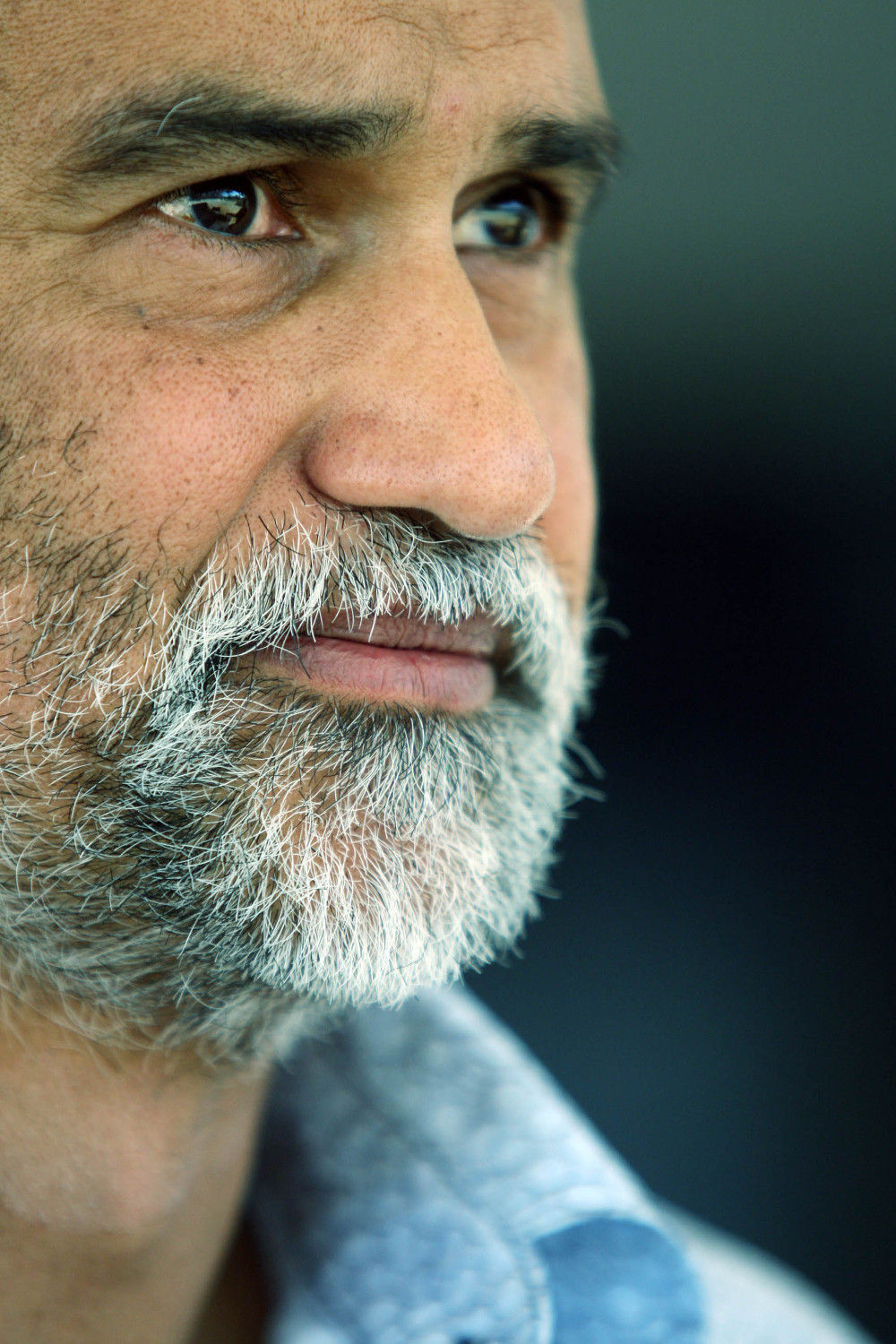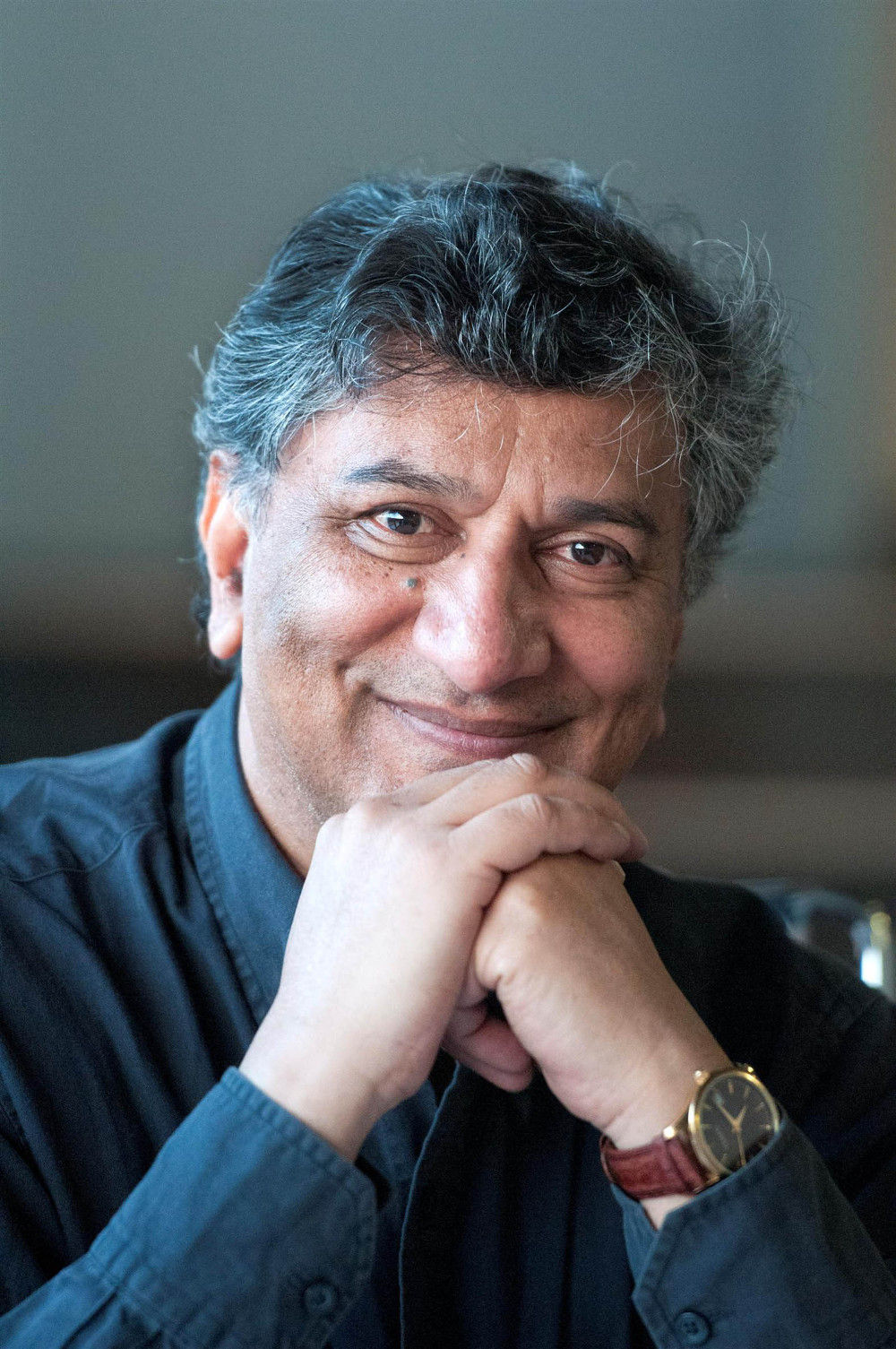There is speculation that Nathi Mthethwa was given his new post to stamp out criticism of President Jacob Zuma's rule
Nathi Mthethwa, whose move from the police ministry to arts and culture has been viewed by some commentators as a demotion, had a controversial tenure as police minister.
As part of the security cluster, he was heavily criticised for his handling of the Nkandlagate controversy. Public protector Thuli Madonsela found that he failed to apply his mind when signing the proclamation to declare President Jacob Zuma’s home a national keypoint.
He faced reproach for the Marikana massacre after it emerged that he was apparently in contact with new deputy president and then Lonmin shareholder Cyril Ramaphosa to engineer a speedy end to the standoff that would eventually result in 34 deaths on August 16 2012.
The perception of the arts and culture ministry as a dumping ground probably stems from the days of Lulu Xingwana, who, after making headlines for all the wrong reasons as minister of agriculture and land affairs, was then appointed arts minister. She infamously called work exhibited by photographer and gay rights activist Zanele Muholi “immoral, offensive and going against nation building”.
Playwright Mike van Graan argues that there are many departments with really bad ministers, so it’s a misconception on the part of the arts world to view the ministry as such.
“In 1994, the ANC appointed Inkatha Freedom Party member Ben Ngubane as minister of arts, culture, science and technology,” he said. “There was the perception that the ANC was keeping all the big ministries to itself, but then they made Winnie Mandela his deputy. So it’s not clear that it’s where politicians go to die.”
Rights of artists
In a post on arts website LitNet this week, Van Graan wrote: “Mthethwa may turn out to be a good minister … but the point is that someone who metaphorically has the blood of 34 Marikana strikers and of the protesting Andries Tatane on his hands, has now been appointed to a position in which he is required to defend and promote the fundamental right of artists to freedom of creative expression, freedom of thought [and] freedom of association.
“It is now his constitutional duty to defend the right of Brett Murray and Ayanda Mabulu to paint Zuma’s genitals as expressions of the abuse of power and the rape of the public purse in renovating his personal home, for example.”
Previous arts minister Paul Mashatile was not offered a portfolio, a move seen as political castigation for being part of an ANC faction that sought to unseat Zuma as president of the party at the party’s 2012 elective conference in Mangaung.

Mike van Graan. (Photo: Christiaan Kotze)
Mashatile, whose appointment to the ministry in 2010 was initially greeted with scepticism, had gone on to receive favourable reviews from some sectors of the arts world. In its 2013 Cabinet report card, the Mail & Guardian wrote that: “Paul Mashatile made himself a lot more accessible to a cross-section of arts practitioners ranging from grass-roots, community-based organisations to larger cultural organisations with international linkages.”
While lauding the Mzansi Golden Economy, his job creation plan for the arts, the M&G noted that “he failed to carry the momentum to turn the proposals into policy”.
National Arts Festival
By email this week, National Arts Festival artistic director Ismail Mahomed said: “Significant sectors of the arts community were hoping that Zuma would have retained Mashatile as the minister of arts and culture to see through the full implementation of these proposals.
“In a political climate where censorship had been rearing its head, particularly with reference to the ruling party’s outcry about Brett Murray’s painting of The Spear, the banning of Jahmil Qubeka’s film Of Good Report at the Durban International Film Festival and the curatorial self-censorship at the Johannesburg Art Fair, Mashatile had gracefully not presented himself as a driver of censorship.
“The appointment of Nathi Mthethwa is considered by many as an appointment that will drive Zuma’s agenda to silence, discipline and punish the arts sector that has been critical of his poor leadership. Further, it is considered as putting in place a minister who will increasingly advance ‘official art’ over and above free creativity.”
Andile Magengelele, a member of the funding panel for the National Arts Council, said the lack of continuity in the ministry bred inertia, which impacted negatively on the arts. He said the appointment of Mthethwa was in itself not a bad thing as the minister was merely a figurehead, with the director general being the actual chief executive.

Ismail Mahomed. (Photo: www.suzybernstein.co.za)
The chief curator of Soweto museums such as the Hector Pieterson Museum, Khwezi Gule, said: “In the finance department or in the DTI [department of trade and industry], if you make someone [minister] with no degree in economics or accounting or [who] has never worked in the financial sector, there would be red flags everywhere and people rolling in the street, crying murder.
“If one wants to understand the financial impact of the arts, look at the entire value chain – be it people who manufacture paint or arts materials or people who transport artworks, people who do installations, exhibitors, people insuring artworks, and so on.
“Of the people who graduate from art school every year, where do they go? I’m talking about visual arts but also music, publishing, printers. What companies benefit? Look at how much money is circulating. The industry is not one thing. It is a cluster of things.
“The DTI should do thorough research [to] look at the size of the industry, then you will be able to see the value of it, so you don’t see it as a dumping ground for failed ministers.”
ANC outlook on the arts
Gule said, of all the political formations, the ANC should be taking the arts seriously.
“They had a cultural desk and it was not made up of chancers. It was people who had studied the arts. It was made up of people like Wally Serote and poet laureate Keorapetse Kgositsile.”
Echoing this sentiment, freelance television and stage director Janice Honeyman said: “Mthethwa was not successful as a police minister; what would make him now cope with [being] arts minister? It’s important to get someone with a sympathy and a knowledge for the sector.”
An unreserved endorsement came from the chairperson of the Freedom Park Council, Vusi Mchunu, who said a lot had been established under Mashatile, so Mthethwa is likely to hit the ground running. “The French season was really good for South African artists and, under Mashatile, cultural institutions really upped the administration side of things.
“There are 29 heritage organisations, galleries and so on, and they are funding them and have oversight over them. There is good alignment in terms of administration and it seems to be working. Nathi is landing in a situation where things are already happening.
“The fact that he comes from a police portfolio where things were happening all the time means that he is used to reacting quickly and not sleeping. We need someone with that presence and alertness; we need that in an arts and culture minister because this is not slumberland.
“We view ourselves as the core of our nation. We haven’t done half the work in terms of redress, changing the curriculum, retelling the African story and support for musicians. We need that kind of attention.”